Earth
Sign up for our newsletter
We summarize the week's scientific breakthroughs every Thursday.
-
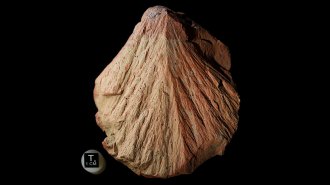 Earth
EarthAn ancient Earth impact could help in the search for Martian life
Strange cone-shaped rocks led scientists to the hidden remains of one of Earth’s oldest asteroid impacts. It could help us find fossil life on Mars.
By Douglas Fox -
 Oceans
OceansDeep-sea mining could start soon — before we understand its risks
The U.S. push to mine international waters for metals defies global efforts to control and protect these fragile ecosystems.
-
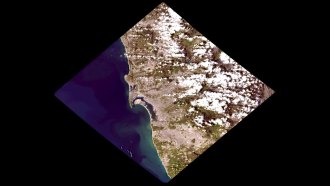 Earth
EarthNASA images may help track sewage in coastal waters
Sewage-contaminated water absorbs certain wavelengths of light, leaving a signature that can be detected by space-based instruments, a new study finds.
-
 Climate
ClimateClimate change could separate vanilla plants and their pollinators
The vanilla species grown for its flavoring is finicky. Genes from its wild relatives could help make it hardier — but not if those cousins go extinct.
-
 Climate
ClimateHarmful heat doesn’t always come in waves
Even without reaching heat wave levels, sustained high temperatures may contribute to a litany of health issues.
By Nikk Ogasa -
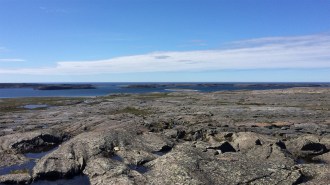 Earth
EarthEarth’s oldest rocks may be at least 4.16 billion years old
If the new age of these Canadian rocks is solid, they would be the first and only ones known to have survived Earth’s earliest, tumultuous time.
-
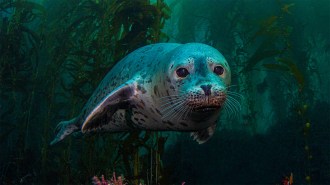 Animals
AnimalsU.S. seal populations have rebounded — and so have their conflicts with humans
Alix Morris’s new book, A Year with the Seals, explores humans’ complicated relationship with these controversial marine mammals.
-
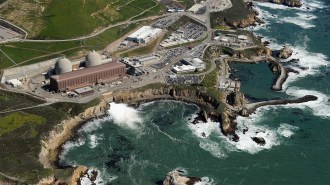 Science & Society
Science & SocietyIs nuclear energy good? A new book explores this complex question
Atomic Dreams explores nuclear energy's future in the U.S. through the history of Diablo Canyon, California's last operational nuclear power plant.
-
 Climate
ClimateThis paint ‘sweats’ to keep your house cool
This experimental paint reflects sunlight, emits heat and mimics sweating to cool buildings without air conditioning, even in the tropics.
-
 Earth
EarthClimate change is coming for your cheese
Adapting to climate change by replacing grass in cows' feed with corn affected the nutritional value and quality of cheese, French researchers found.
-
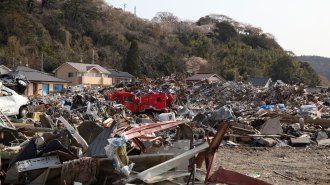 Earth
EarthSmall earthquakes can have a big impact on the movements of major faults
Small and far-off earthquakes can stifle the spread of large motions on some of the world’s biggest faults.
By Nikk Ogasa -
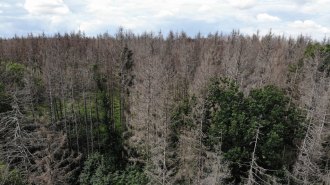 Plants
PlantsTrees ‘remember’ times of water abundance and scarcity
Spruce trees that experienced long-term droughts were more resistant to future ones, while pines acclimatized to wet periods were more vulnerable.